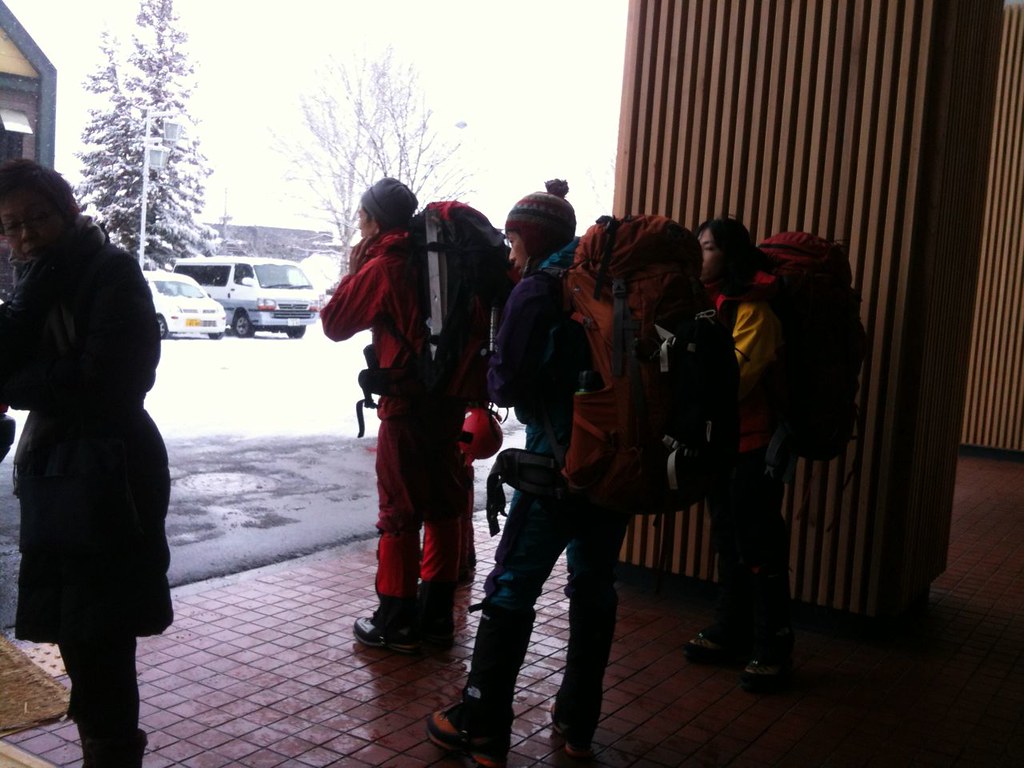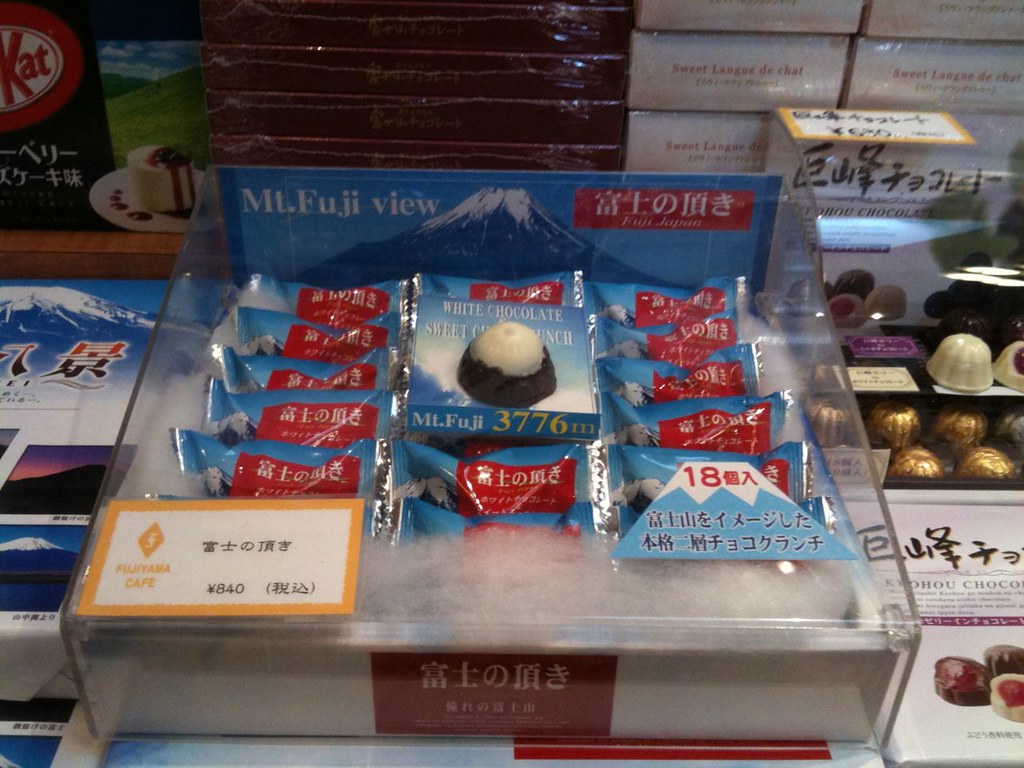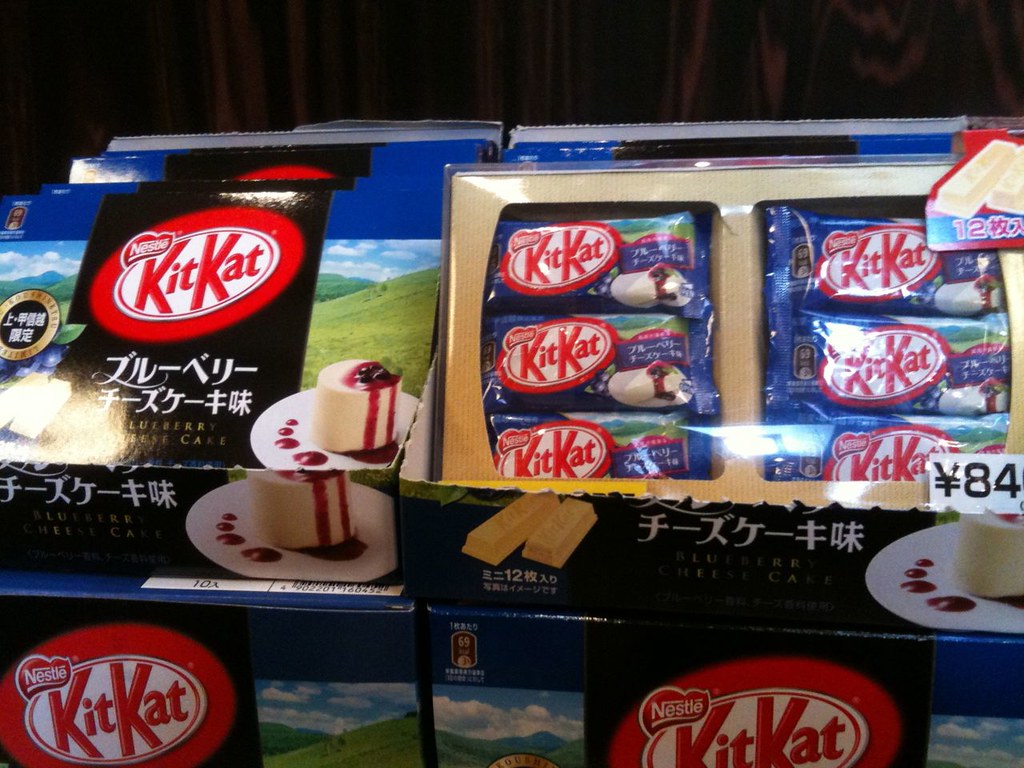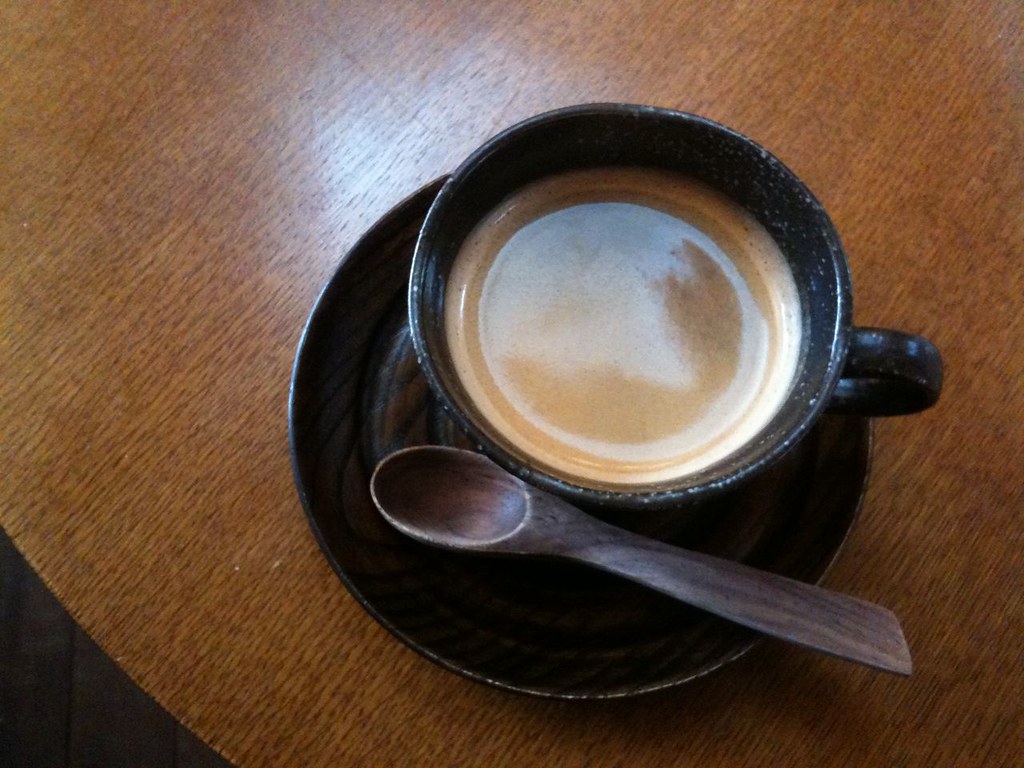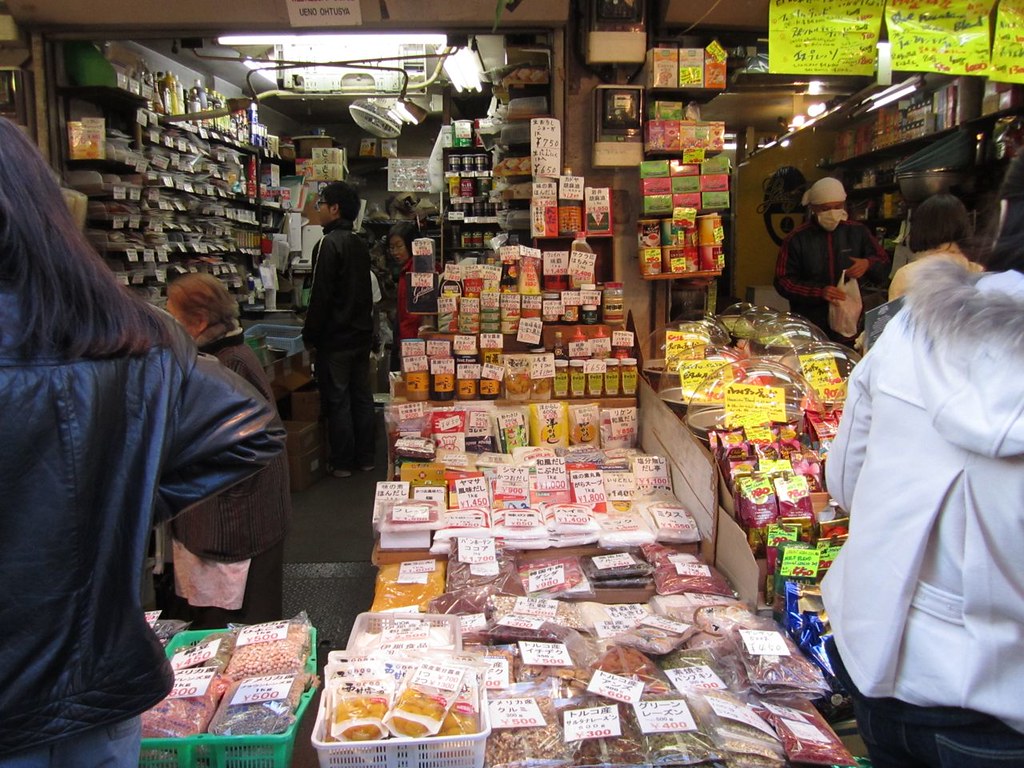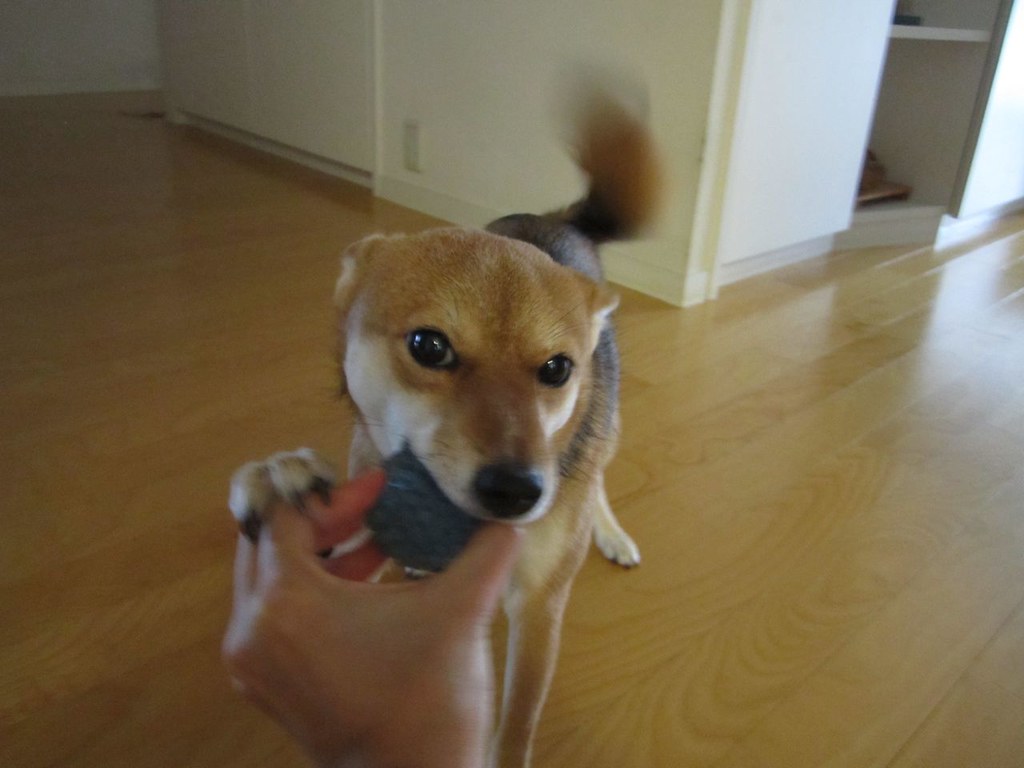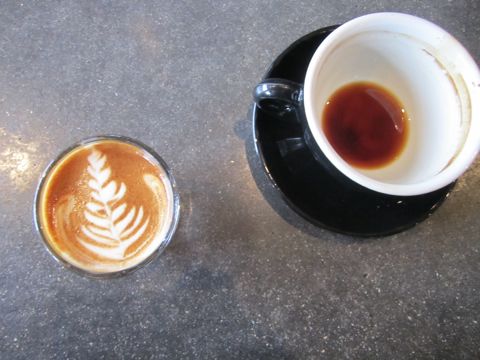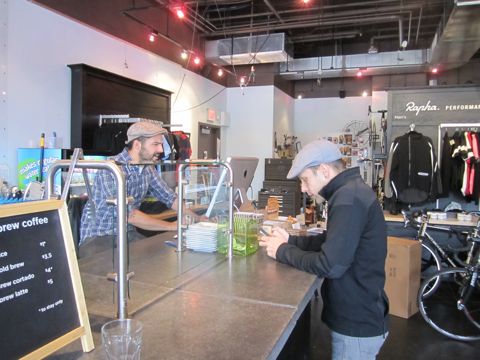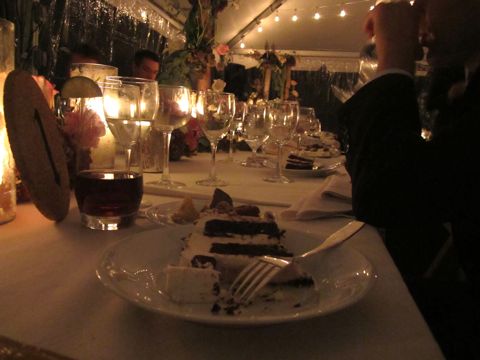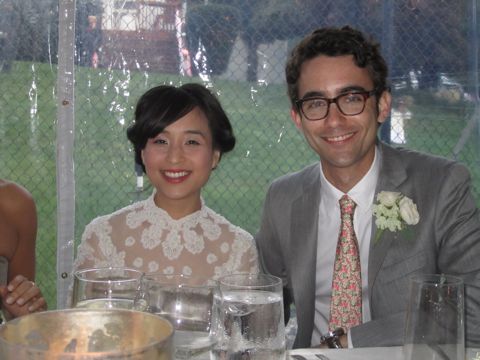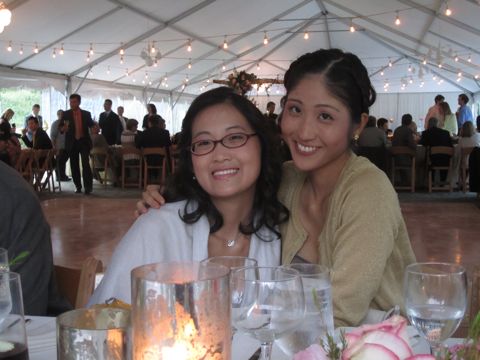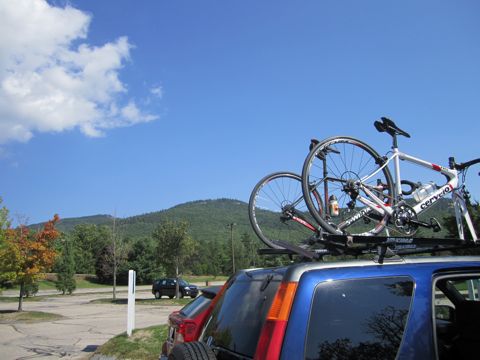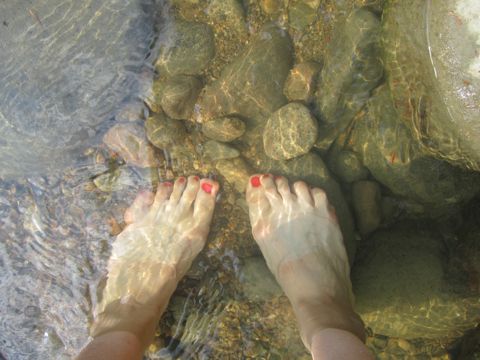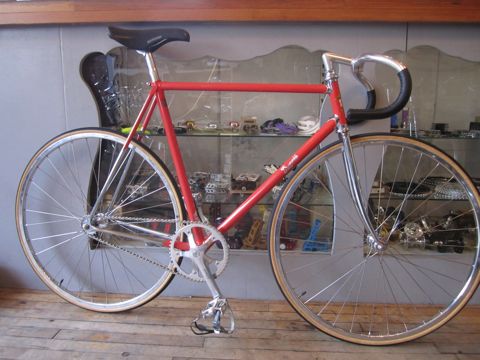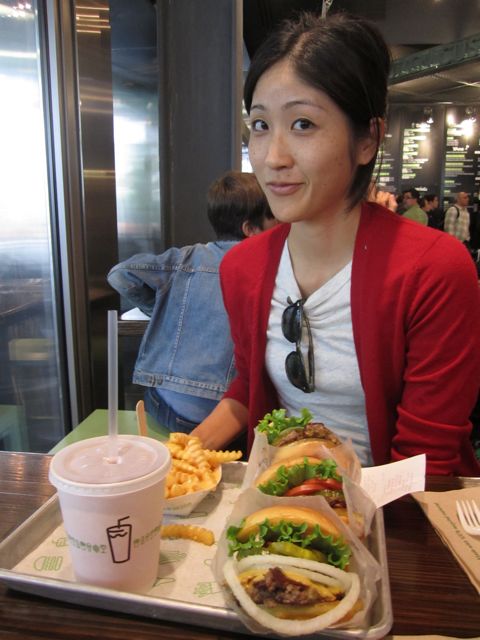The first day on my new job, I sat next to a woman who heaved an exasperated sigh before starting work. Seconds later, her headset in place, she chirped out a cheerful yet courteous hello into the receiver. The ease with which she flipped the switch was slightly terrifying, her darker mood immediately returning once she hung up. It was my welcome into the weird world of telemarketing.
Currently temping at a small language services company as a glorified telemarketer, I spend seven hours of my day immersed in the constant din of high-pitched chatter. We cajole, encourage, and placate, gesticulating into the air or bowing in front of our computers as we say goodbye, as if, despite the telephone’s long history, we still can’t shed the desire to interact in person. Our unconscious movements imply that the distance is something that shouldn’t be, even if the invention of the telephone has made possible the mere existence of the exchange. Communication seems a distant dream as we cock our heads at our screens or shrug helplessly at whosever eye we happen to catch. We talk and giggle, suck on cough drops by mid-afternoon, and nurse sore throats on the commute home.

And as the falsity of my current telephonic interactions threatens to permeate reality, I’ve taken to glancing in that narrow space between my computer screen and the phone. Nestled there, blending into the unremarkable cubicle wall, sits my gray Ride.Studio.Cafe water bottle, scarred black in places by my bottle cage. It gets refilled, swigged from, and picked up several times a day, its weight and shape a comforting reminder. But it is its simple slogan, to “Ride. Rest. Repeat.,” that has been my saving grace of late.
Because raised in a Japanese family, my parents had always insisted that I take whatever task I endeavor, seriously. “We don’t care what you choose to do [except we really do], just as long as you take it seriously,” they said. And though this primarily applied to grades and other external measures of success, the attitude left me with a tendency to throw my everything into the things I undertake. But when too many hours of my day are spent at a job, which, if taken seriously, could only lead to dementia, I hunger for a spark, a sign, some indication that dreams don’t all die at underemployment’s door.

So my mornings, which start before the sun rises to squeeze in whatever time I can on the bike, have become more desperately meditative than their initial purpose to simply “stay fit.” I push the pedals as if chasing down ambition’s escaping wheel, despite the irony of remaining stationary on the rollers. And even on my “easy” days, I will too easily drive my legs into painful exhaustion, knowing I can relish the burn in my thighs later, when I’m trapped in a chair, counting down the minutes until the end of the day. Because for now, there is nothing I’d rather do, than “ride. Rest. Repeat.”
Viewed objectively, my stubborn focus on riding seems almost silly: the world is on the brink of a global recession, I’m probably drinking radioactive water, and Mitt Romney could be the next President. But it reminds me, too, that I am extremely lucky in having found a passion that I am not willing to compromise. It makes me more selfish and more anti-social than I probably should be, but torn away from friends and [bike] family, I eagerly exit the doors every day to return to two bicycles with some dangerously worn down parts, and a pair of chamois shorts I pray will get me through the winter.
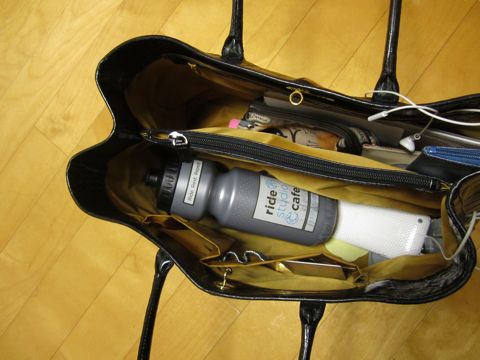
The resulting sense of purpose – of something to go home to, I suppose – also suggests that perhaps my life is not so dispensable. That I am not defined, in any way, by the title of my current position of employment. And when the next day, and the next, and the one after that, only brings with it a mind-numbing, menial job, where the petty politics of the workplace seem to rule, that feeling is a priceless asset.
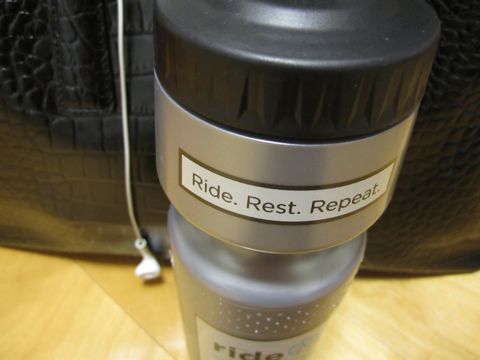
“You know, when I saw you carrying that, I realized, I haven’t seen a bike water bottle in so long, “my co-worker said as he lay, sprawled across one of the couches in the break room.
“Oh, cool,” I said, before changing the subject, reluctant to discuss cycling. I looked at my bottle again after he left, and traced the words with my eyes for the rest of the day until I scooted out the automatic doors, and exhaled.
I pointed my feet towards a train station and home, to ride, rest, repeat, again.

